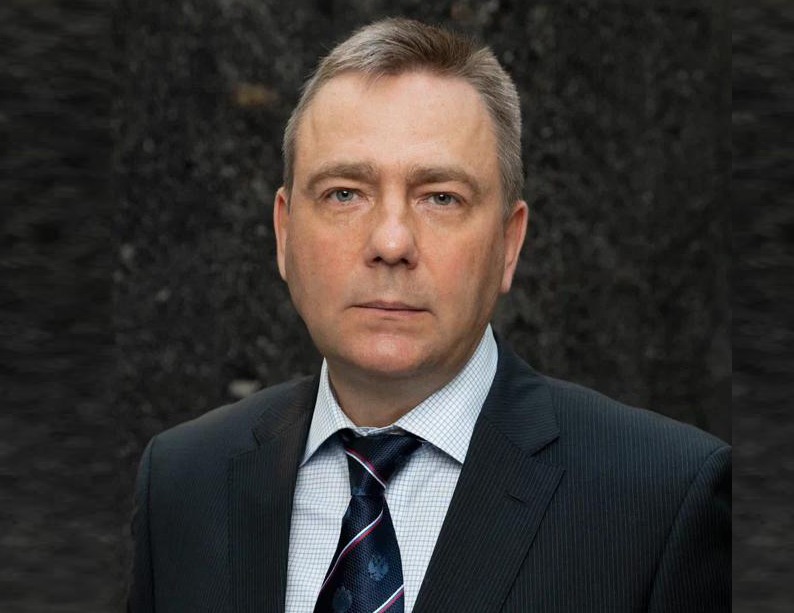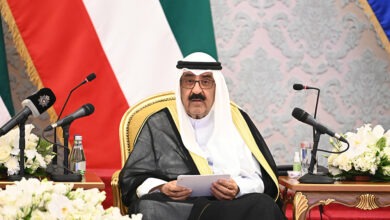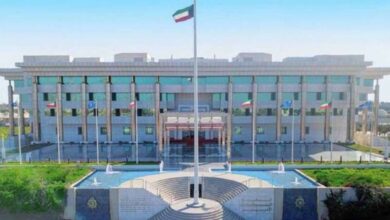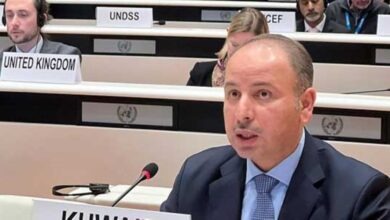Russian diplomacy has centuries-old long standing traditions: Envoy
Today the Russian diplomacy plays a significant role within the UN, BRICS, G20, Asia-Pacific Economic Cooperation Forum, and other global and regional forums, promotes ties of friendship and cooperation with other states, said HE Vladimir Zheltov, Russian ambassador to Kuwait

By H.E. Vladimir Zheltov
Russian diplomacy boasts a rich legacy spanning centuries. Each year, on February 10th, Russian diplomats celebrate their professional day – Diplomats’ Day – in honor of the establishment of the Russian Diplomatic Service in 1549.
This commemorative date, established relatively recently in 2002, is closely linked to the history of Russia’s first foreign affairs office – the Ambassadorial Department (or “Posolsky Prikaz” in Russian). On February 10, 1549, the Ambassadorial Department, founded by Czar Ivan IV, was first mentioned in official chronicles.
Of course, Russian diplomatic traditions trace their origins to ancient times. For instance, the “Agreement on Peace and Love” between Ancient Russia and Byzantine Empire was signed in 860, and the envoys of Russian principalities were frequent guests in the states of Medieval Europe.
In the 1500s, following the establishment of a strong unified Russian state, the need for a dedicated diplomatic department to conduct foreign policy became vital. In 1549, the diplomatic service became an integral part of Russian statehood and was granted special status.
The Ambassadorial Department effectively managed the Russian foreign policy during the 16th and 17th centuries, with the first permanent Russian diplomatic missions abroad opening in the 1600s. In 1718-1720, it underwent a gradual transformation into the Collegium of Foreign Affairs under Emperor Peter the Great.
This coincided with the rise of the Russian Empire and the positioning of Russia as a major European power. The talented diplomats serving within the Collegium
established the foundational principles and methods of Russian diplomacy.
Finally, in 1802, the modern form of foreign policy management – the Ministry of Foreign Affairs – was established by the manifesto of Emperor Alexander I. By 1914, Russia had established a wide network of diplomatic and consular representations across the globe.
The Ministry of Foreign Affairs (known as the People’s Commissariat for Foreign Affairs from 1917 to 1946) has defended state interests at pivotal moments in Russian and world history. Our diplomacy played a crucial role in strengthening the anti-Hitler coalition during World War II and in the establishment of the United Nations Organization.
It has also bolstered the authority of the UN in international governance and worked tirelessly for peace and disarmament.
Today the Russian diplomacy plays a significant role within the UN, BRICS, G20, Asia-Pacific Economic Cooperation Forum, and other global and regional forums, promotes ties of friendship and cooperation with other states.
A diplomat in modern times is markedly different from those of past centuries. Today’s diplomacy is significantly more diverse and dynamic, requiring a broad range of knowledge across various fields including environmental issues, climate change, arms control, and counterterrorism, among others. While its methods evolve towards multi-vector networking, the primary task remains consistent: ensuring favorable external conditions for domestic development.
But the most fundamental traditions of Russian diplomacy persist, including a high professional culture and skills such as strong linguistic abilities and profound knowledge of international relations, as well as a deep commitment to their own country and respect for the countries where they serve.













